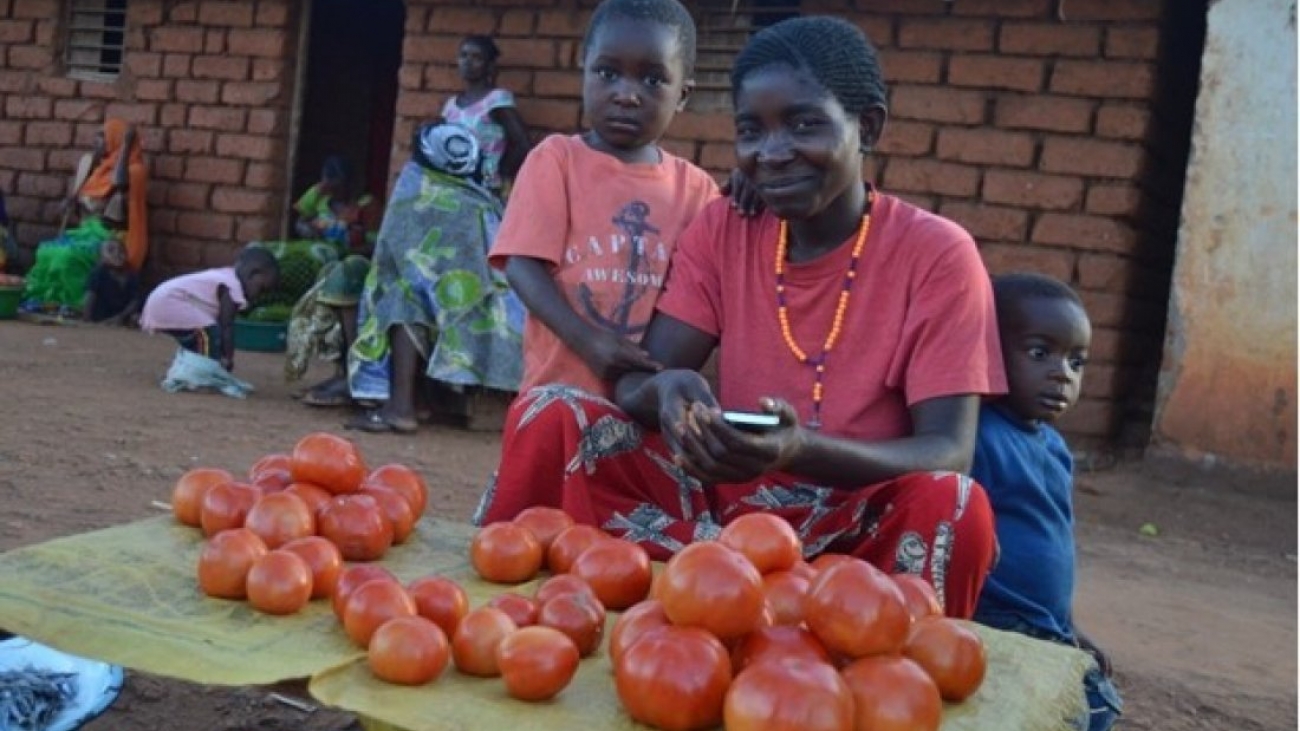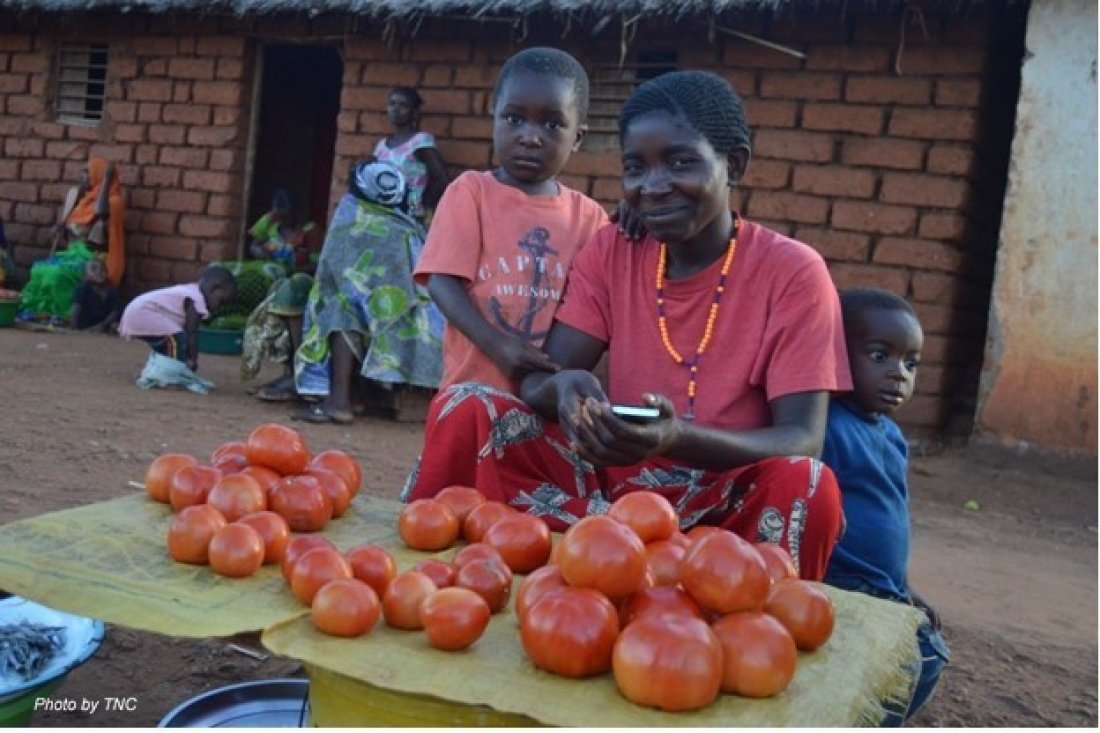Water, poverty and environmental quality are closely linked. Across Africa, vulnerable groups are exposed to environmental risk factors such as unsafe water and climate change. Recognizing that the sustainability of freshwater resources and safe drinking water projects depend on conservation of the watershed, many conservation, health and Water, Sanitation and Hygiene (WASH) actors have come together to address the need for integrated planning processes for freshwater conservation and WASH at the district level.

In response to this need, the Africa Biodiversity Collaborative Group (ABCG) Freshwater Conservation and Water, Sanitation and Hygiene (FW-WASH) task group collaborated with IRC, an international WASH think-and-do tank to develop the ‘Freshwater Conservation and WASH Advocacy Strategy Workshop Facilitator’s Guide.’ The guide was launched on August 20, 2020 and lays out steps for conservation, WASH, and development practitioners to develop an advocacy strategy that can enable them deliver positive conservation outcomes. It highlights how to formulate effective messaging and activities for urging donors, policymakers and colleagues to unite and join forces for health through conservation and WASH investments.
The advocacy strategy guide will help promote the benefits of cross-sectoral policies such as conservation and WASH. By linking these sectors, there is an expectation of reduced watershed degradation and pollution that will help increase the health of watershed ecosystems and species.
Steps in Advocacy Strategy Design
Conservation, WASH and development practitioners can follow these eight steps to develop an effective advocacy strategy as highlighted in the guide: Step 1) Identify the advocacy issue, root causes and evidence base; Step 2) develop advocacy goals and objectives; Step 3) define decision makers and influencers; Step 4) identify opposition and obstacles; Step 5) determine advocacy strengths, limitations and partnerships; Step 6) create advocacy approaches and activities; Step 7) craft advocacy messages and Step 8) continually measure advocacy progress and apply adaptive management best practices throughout the life of the campaign.
Advocacy is a deliberate process that aims to inform and influence decision-makers by seeking changes that are evidence-based. The first step to developing an effective advocacy strategy is identifying the advocacy issue, root causes and evidence base. This process involves evaluating existing data to know the problem you are trying to address and why it is a problem. You should consider specificity, clarity and the amount of evidence at hand to prove the problem because your identified decision-makers need to understand why they should care about the issue at hand. In this step it is also important to think about the risks that accompany addressing the issue in your organization.
The second step is developing advocacy goals and objectives. Your goals should be Specific, Measurable, Achievable, Relevant and Time-based (SMART). At this point you have shifted from the general problem to a narrow and specific advocacy change you want to see.
Now that you have your goals and objectives, you need to identify and define decision-makers and influencers. This group consists of those with the power to make change such as politicians or public officials. Understanding their positions, interests and needs helps determine if the data and evidence you have is sufficient.
The next step would involve identifying your opposition and obstacles which can take the form of people or circumstances. With strong opposition to your advocacy issue, you need to identify additional data and evidence. The additional data addresses the specific reasons for your opposition. This now brings you down to knowing your advocacy strengths, limitations and partnerships. This step enables you or your organization to assess what advocacy specific skills you possess or if you can collaborate with other organizations.
The sixth step involves putting your data and evidence into use by utilizing various advocacy approaches and activities that will be effective in reaching your target. Understanding the many forms or approaches that advocacy can take such as lobbying and campaigns, provides an advantage of reaching different audiences.
With a suitable advocacy approach in mind, the seventh step is to craft your advocacy messages. “Your message should be clear to elicit action from your target audience,” said Peter Apell from The Jane Goodall Institute-Uganda, during the launch. Compelling advocacy messages ought to be brief, focused, optimistic and hopeful, solution-oriented and supported by evidence. An equally important aspect for messaging is selecting your messengers who should be: diverse, represent a range of seniority, effective public speakers and support your advocacy goal.
The final step is measuring advocacy progress and adaptive management where you review the goals and objectives; the data and evidence to support it; the approaches and activities; and the messaging to understand what is working and where adjustments need to made.
Learn more about the steps of creating an effective advocacy strategy for positive conservation outcomes by reading ABCG’s Freshwater Conservation and WASH Advocacy Strategy Workshop Facilitator’s Guide. You can also get an overview of the guide’s content by watching the webinar recording and presentation of the launch that took place on August 20, 2020.

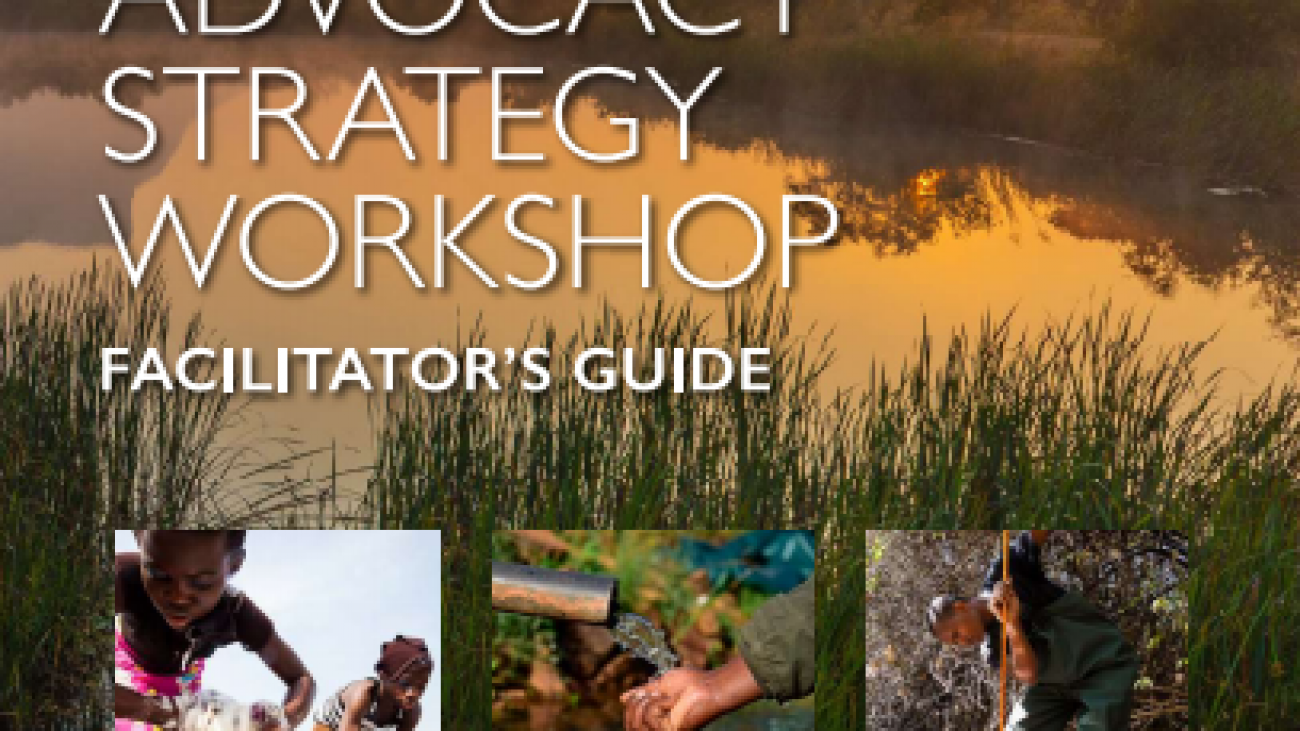
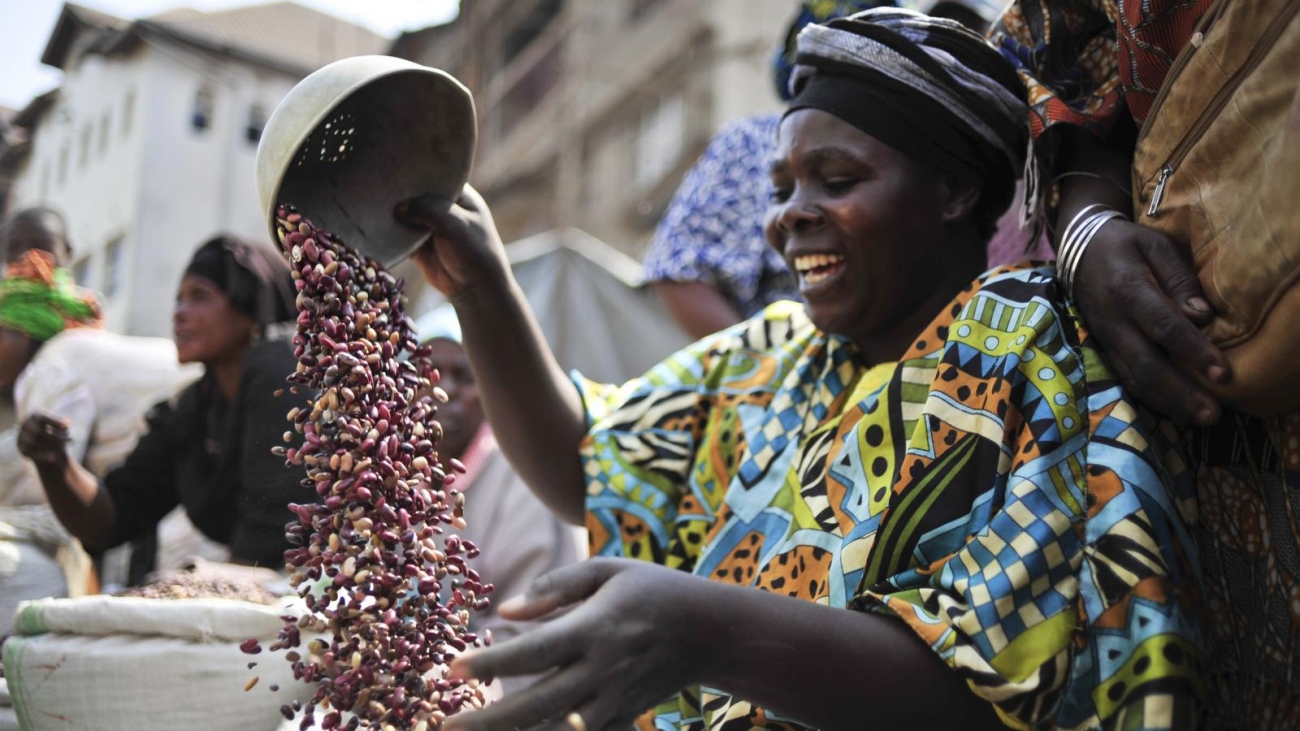
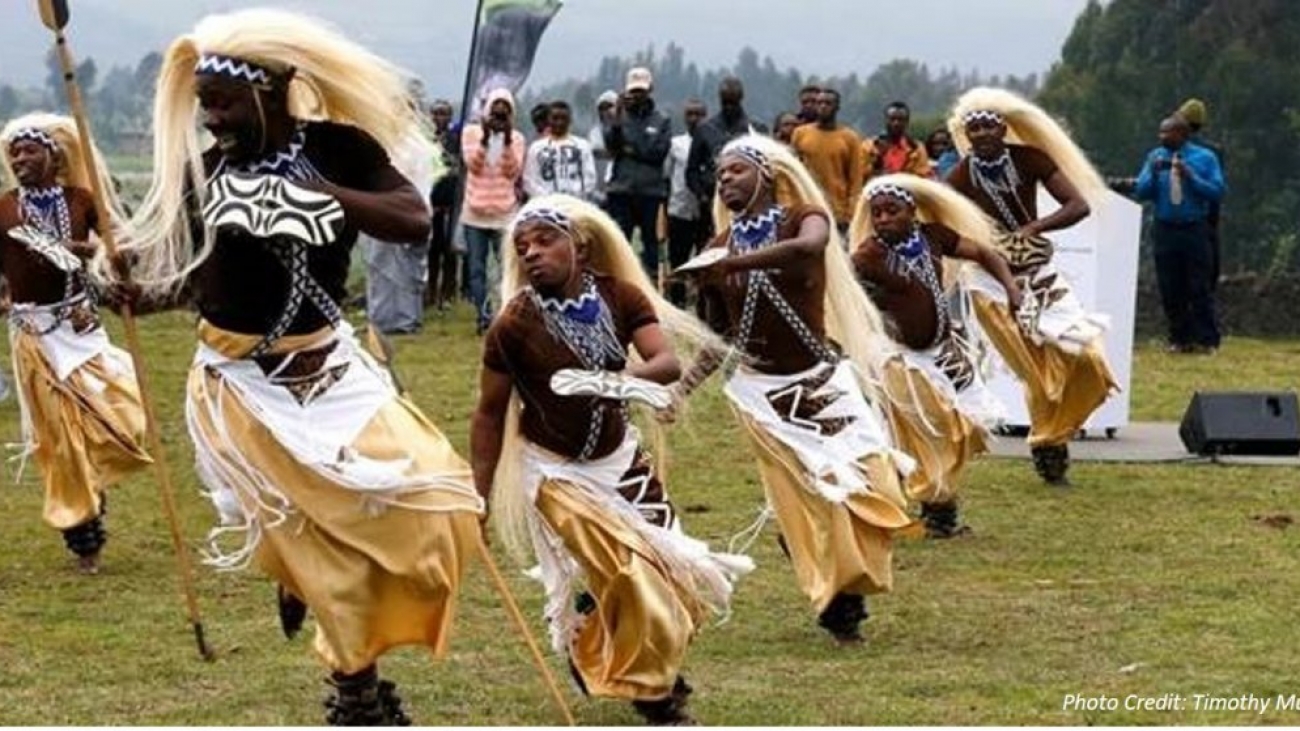
 The Africa Biodiversity Collaborative Group (ABCG) has received a new award from the U.S. Agency for International Development (USAID), continuing its long running partnership to bring together conservation actors to jointly identify and implement solutions to address critical threats to biodiversity in Africa. This new two-year award, ABCG III: Collaboration for African Biodiversity, will support an expanded ABCG coalition to implement a strategy to capitalize on ABCG’s collective strengths for enhanced collaboration at scale.
The Africa Biodiversity Collaborative Group (ABCG) has received a new award from the U.S. Agency for International Development (USAID), continuing its long running partnership to bring together conservation actors to jointly identify and implement solutions to address critical threats to biodiversity in Africa. This new two-year award, ABCG III: Collaboration for African Biodiversity, will support an expanded ABCG coalition to implement a strategy to capitalize on ABCG’s collective strengths for enhanced collaboration at scale.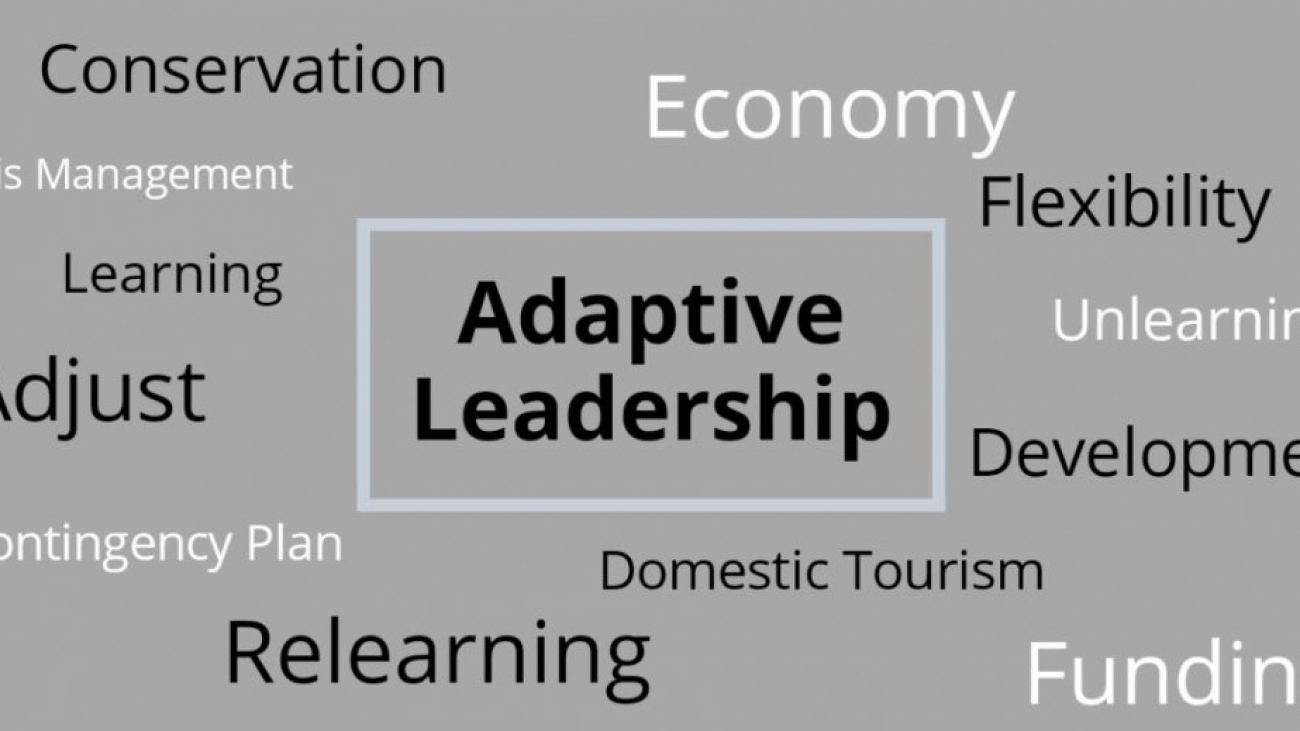

 The Africa Biodiversity Collaborative Group (ABCG) members,
The Africa Biodiversity Collaborative Group (ABCG) members, 